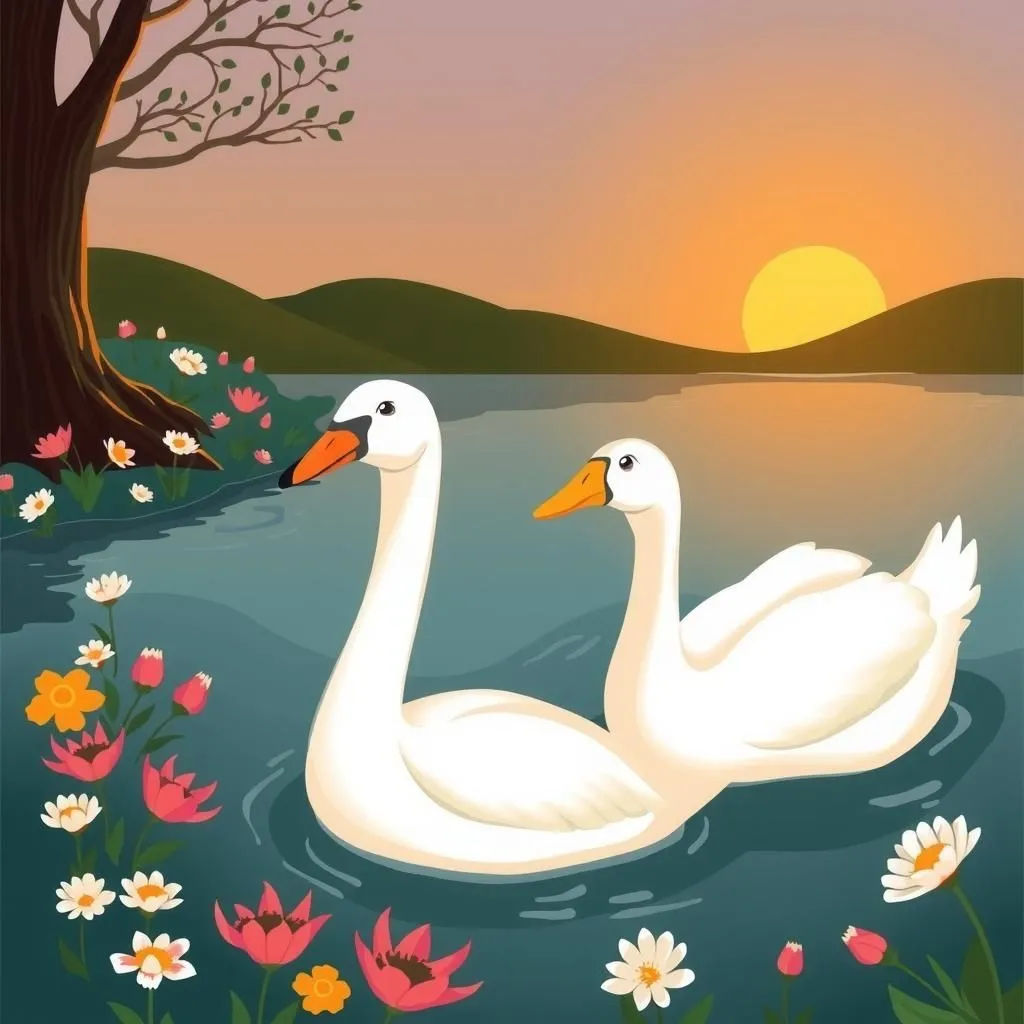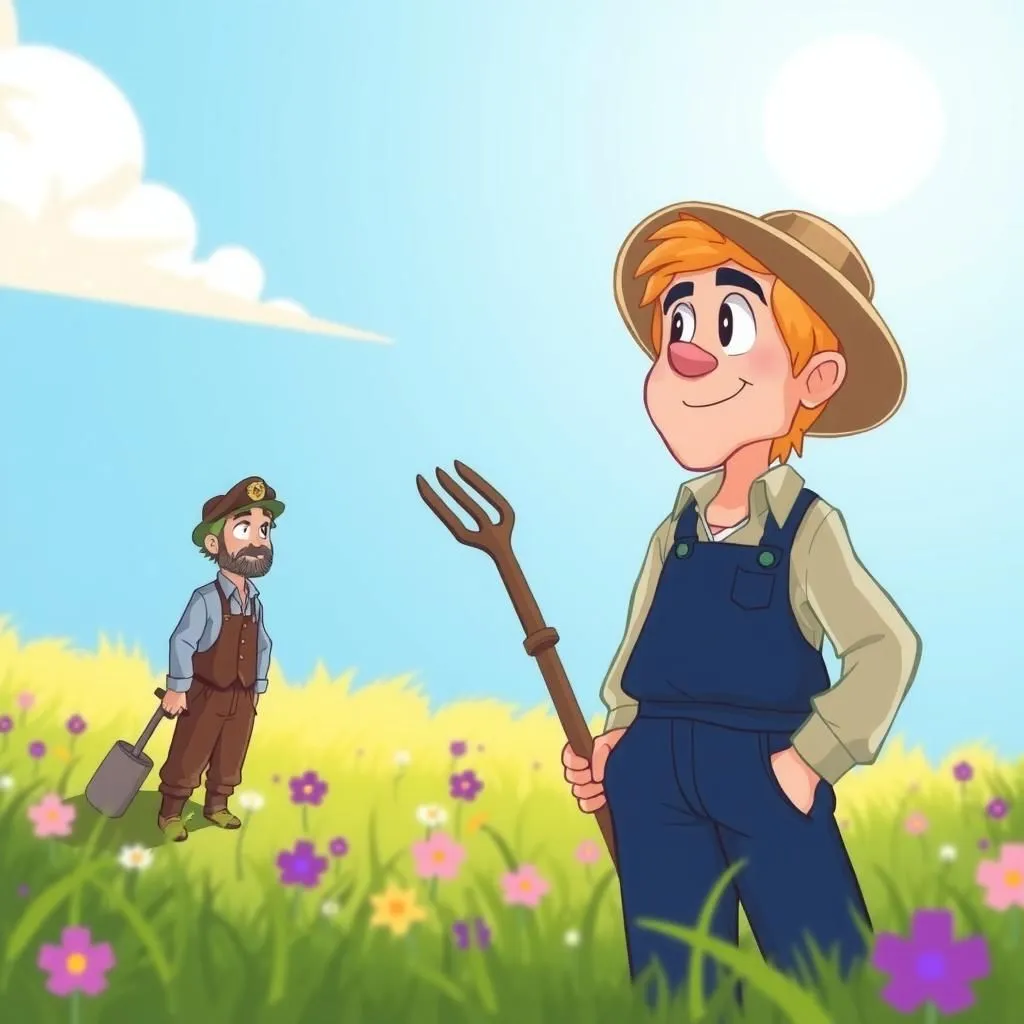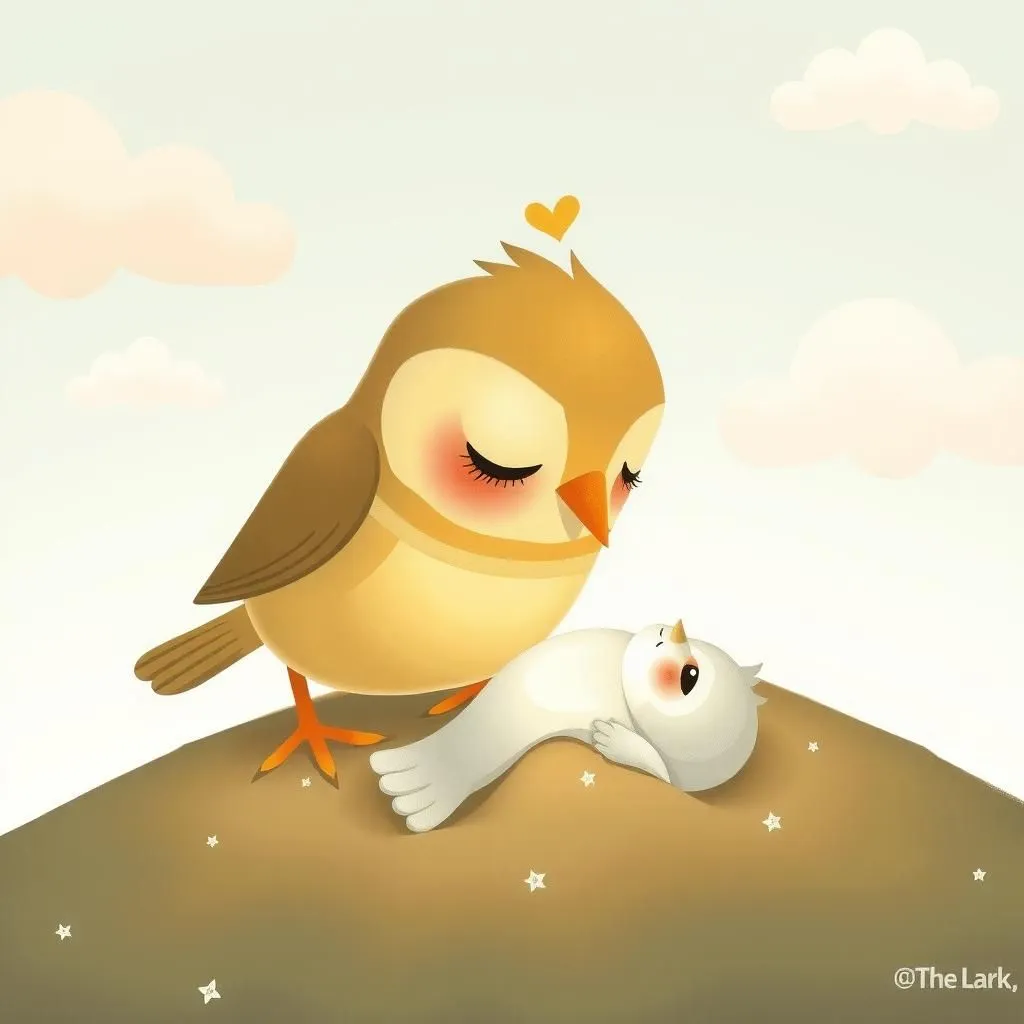
The Expatriated Boss
In "The Expatriated Boss," a boss in Canada is confronted by a Montreal citizen who accuses him of fleeing to escape prosecution. The boss defends his choice of Canada, citing its corrupt political environment, leading to an emotional reconciliation that highlights the themes of understanding and forgiveness. Through this simple moral story, readers are reminded of the importance of perspective and compassion, making it an educational moral story suitable for kids.


